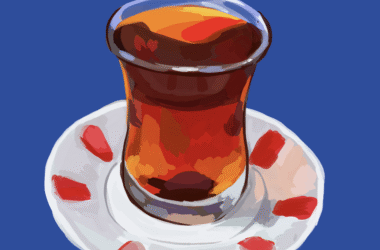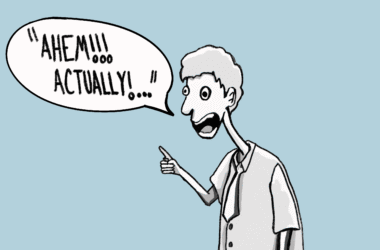The average university student is aware of the crippling effects suffered by after alcohol consumption. They call it: The Hangover. As the years progress in my university life, I can’t help but notice that the day-after effects are getting worse. Our bodies are aging and our society is expecting more of our mental capacity and overall productivity, a combination that does not compliment the disorientation and lethargy that comes with a hangover. As the volume of groaning from discomfort, mixed with the unappealing sound of morning nausea after an evening of fun reaches new heights, the quest to find a cure for my fellow students and I commenced.
I quickly discovered that there are two distinct schools of thought in hangover academia: hangover cure and hangover prevention. Prevention is focused on measures you should take before the liquid falls down the hatch; cure focuses on what to do when you’re crawling out of the next-morning hole of discomfort and misery.
Wikipedia, my initial research pit stop, set the benchmark for the salient prevention and cure recommendations. Wiki describes hangovers as “the experience of unpleasant psychological effects” after drinking. The most common recommendations for prevention were eating a big meal, drinking a glass of water between beverages, and keeping to one type of beverage throughout the evening: your hangover will be worse if you sample all the bar has to offer.
As cures, the most common advice I discovered was to drink as much Gatorade and water as possible. Taking an Advil to curb the headache, while digesting a simple carbohydrate-heavy meal is an effective way to attain some energy without increasing queasiness. Some more nuanced strategies I discovered were drinking coconut water and eating sardines and chasing them with pickles (the food version of your routine the night before).
Through my research, the only recognizable pattern was variety. There are many different things one can do to prevent or cure a hangover; each individual experiences a hangover differently and thus there is no one singular cure. Of course, the only way to truly prevent a hangover is to peel oneself away from that can of beer, bottle of wine, or mixed drink.
But, since complete abstinence is seemingly not an option for many of us who have engrained the college culture of work-hard-play-hard so deeply into our identities, I sought to reevaluate my understanding by attacking the source. I went to my fellow students to ask them how hangovers affect their life.
First, there is the responsible, enviable consumer, who does not experience hangovers at all, such as Whitney Smith (U3 Management) “I don’t get hangovers because I practice hangover prevention: I put coconut water in a smoothie or I have a Gatorade when I get home.” On the other hand, Jessica Firestone, U3 Management, walks away from a hangover feeling defeated “[hangovers] make me lazy and unproductive—I sleep in much later than usual so I waste away my day.”
And then there are the exceptions. There are those who find a way to appreciate hangovers, and those who even respect what hangovers offer us.
Roxanne Voidonicolas, U3 Psychology, claims, “I actually enjoy hangover days. I indulge on all of the things I know I shouldn’t but want to. I watch TV for 18 hours straight and don’t move. Most importantly, hangovers renew my zeal for life— after being so immobile, I look forward to a day of productivity.” Like Voidonicolas, Jan Roos, U3 Management, understands hangovers in a positive light: “Hangovers are God’s gift to the true animal. They weed out the weak. If it weren’t for hangovers, talking to people at bars would be as inane as talking to them in the day. You need them to make sure the only people doing whiskey shots at 5 a.m. are the men and women of bravery and character.”
There you have it. You can have a big meal before you go out, drink a sports drink before bed, or have a big breakfast when you wake up in the morning—all the while being acutely aware that these procedures may not even work. Or you can learn to love hangovers for what they are: an excuse to relax all day, or a Darwinian method of abolishing the weak. Picking a coping method will be your first step from departing from that age-old weekend lie you tell yourself and your friends: “I’m never drinking again.”






